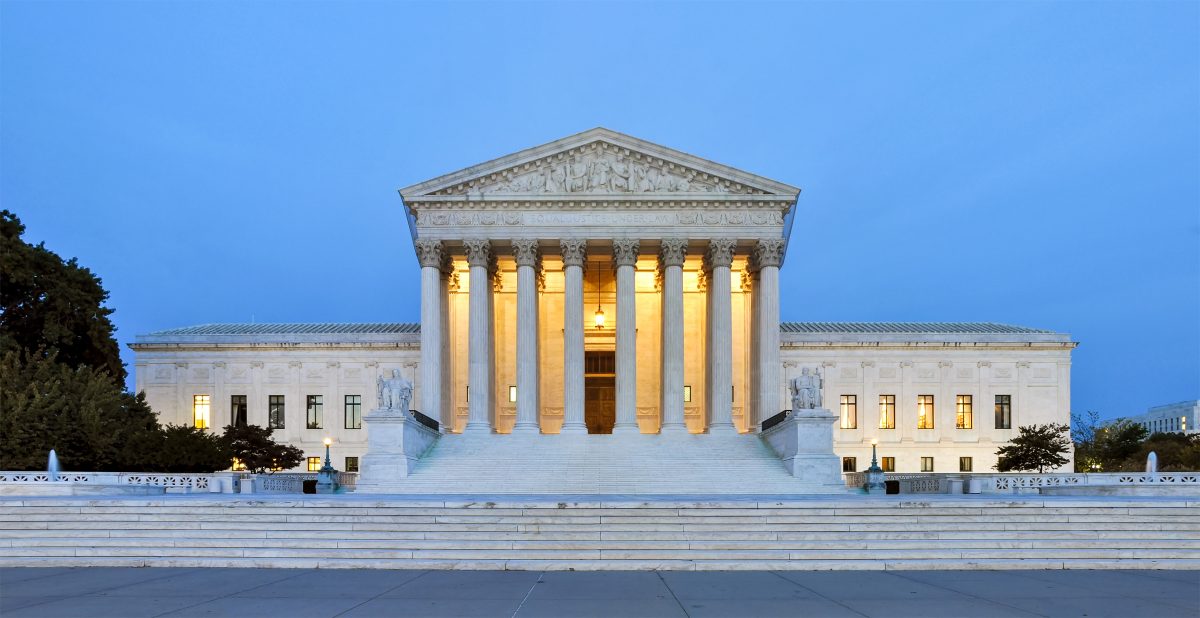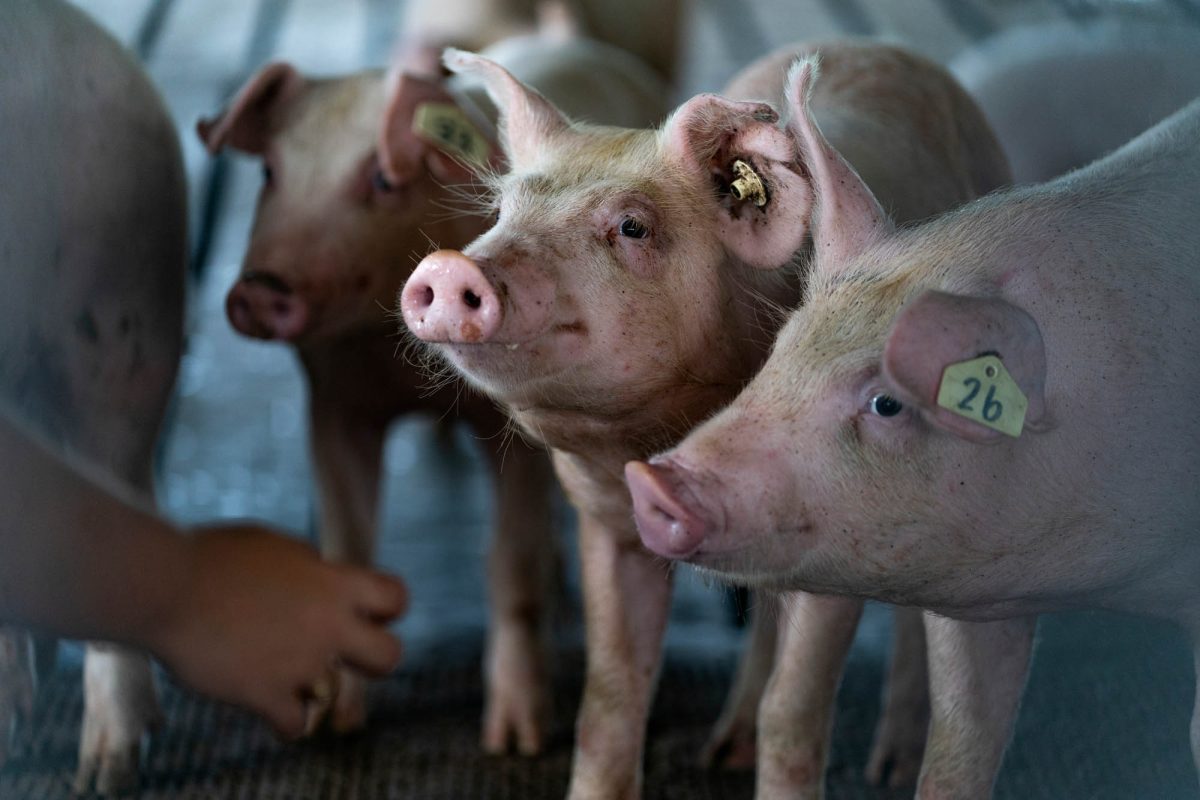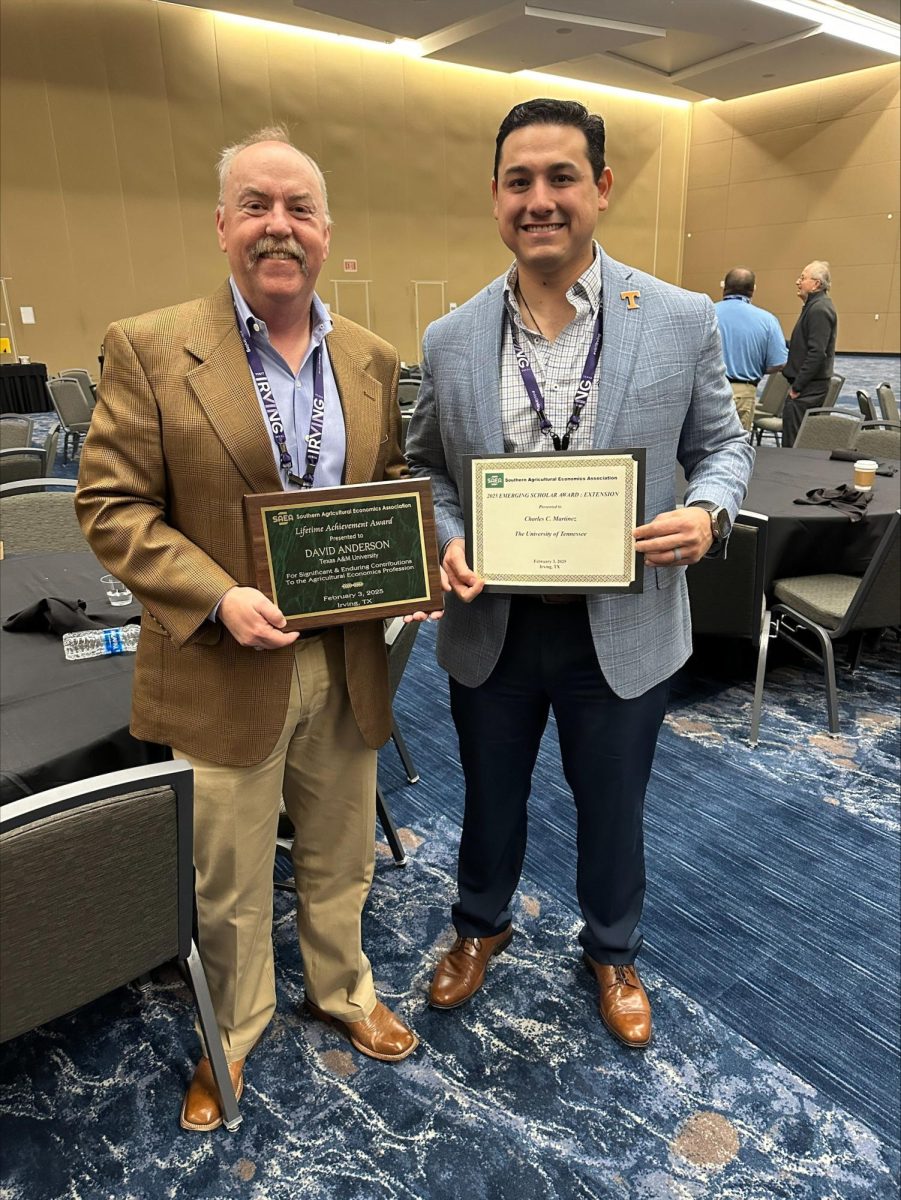With a Supreme Court case on the horizon, DACA recipients may lose the protection they have lived under since 2012.
Arguments concerning Deferred Action for Childhood Arrivals will be held in front of the Supreme Court of the United States on Nov. 12. A policy from the Obama Administration, DACA allows undocumented immigrants who were brought to the U.S. as children to remain safe from deportation.
If DACA is found unconstitutional, it could upend the lives of hundreds of thousands of young, undocumented immigrants who consider themselves American, said Gabby Camilleri, a political science senior and officer in the Council for Minority Student Affairs.
“Without protection, DACA recipients could lose their homes and their livelihoods,” Camilleri said. “They could be added to the list of those in constant danger of being deported and could be separated from their families. DACA recipients belong here, no one should have to leave the people they love and the only home they’ve ever known. … Their home is here.”
Brittany Perry, an instructional assistant professor of political science, said the arguments facing the Supreme Court are those of constitutional concerns and law interpretation.
“Under Obama, it was shifting the focus away from this particular group of undocumented immigrants,” Perry said. “They didn’t come to the U.S. under their own will, and they’ve committed no crimes. [Obama’s immigration policy] was very much a focus on criminals and those involved in drug crimes. … Some people say this is the President engaging in policy making, some say this is an interpretation of existing law, to take care the law is faithfully executed.”
Despite agreeing to hear the case on Nov. 12, the Supreme Court may ultimately decide not to rule on the issue and hand the case back to Congress and the President, said Sarah A. Fulton, an associate professor of political science.
“This court has proved itself as a court that doesn’t want to get involved in a lot of politics,” Fulton said. “We saw that with gerrymandering when they said this isn’t an issue of judiciary nature nor a power of the courts. I would not be surprised if, at some level, they punt this back to the legislative and executive branch and say this is beyond the reach of federal courts.”
However, one specific justice to keep an eye on is Chief Justice John Roberts, who is often seen as the swing vote on the Supreme Court, Fulton said.
“We know there are four [justices] on the liberal side and five that have been nominated by Republican presidents,” Fulton said. “Roberts is that one person as Chief Justice that has often gone along with the liberal thing. He has a sense of history, he has a sense of what his legacy is going to be and he doesn’t want the legacy to be tarnished by partisan politics. He is going to be the person of interest.”
The ramifications of the Supreme Court ruling could push Congress to finally come up with comprehensive and thorough immigration reform, Perry said.
“You can strike DACA down, saying that passed as a memorandum was unconstitutional,” Perry said of the arguments being made against DACA. “That doesn’t mean Congress can’t go in and create a new immigration policy to even provide a path to citizenship for Dreamers. There’s even been a lot of bipartisanship action to do this, but no success in passing these pieces of legislation in the Senate and no firm confirmation from the President that those would be signed into law.”
The CMSA is ready to fight for the rights of undocumented immigrants and help them navigate the turbulent times ahead, Camilleri said.
“CMSA is the loudest platform for undocumented immigrants on campus,” Camilleri said. “We create awareness, provide resources, and take action to empower the immigrant and other underrepresented communities.”
Camilleri said, CMSA will be sending their members to Austin on Nov. 12 to rally together with hundreds of people around the country in support of DACA.
“The rally is on the day of the Supreme Court hearing,” Camilleri said. “We want to mobilize the public and key decision makers to tell the Supreme Court that DACA recipients and immigrant families deserve to stay in the communities they love. … We demand DACA is protected and the court upholds the program.”
Supreme Court to hear DACA case
November 7, 2019
Photo by Photo by Joe Ravi – (CC-BY-SA 3.0)
Panorama of the west facade of the United States Court Building at dusk in Washington, D.C., USA.
0
Donate to The Battalion
$2790
$5000
Contributed
Our Goal
Your donation will support the student journalists of Texas A&M University - College Station. Your contribution will allow us to purchase equipment and cover our annual website hosting costs, in addition to paying freelance staffers for their work, travel costs for coverage and more!
More to Discover










